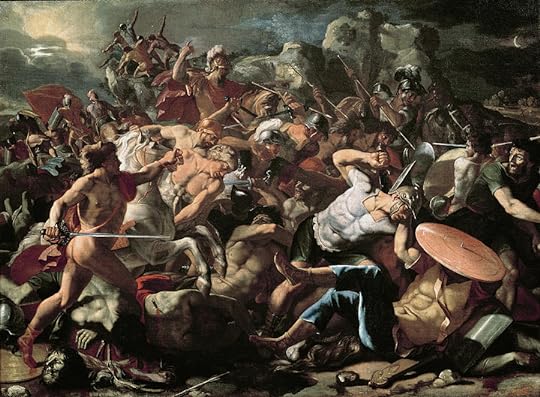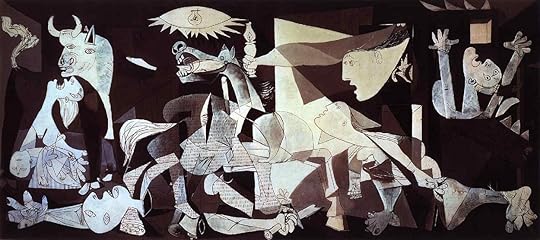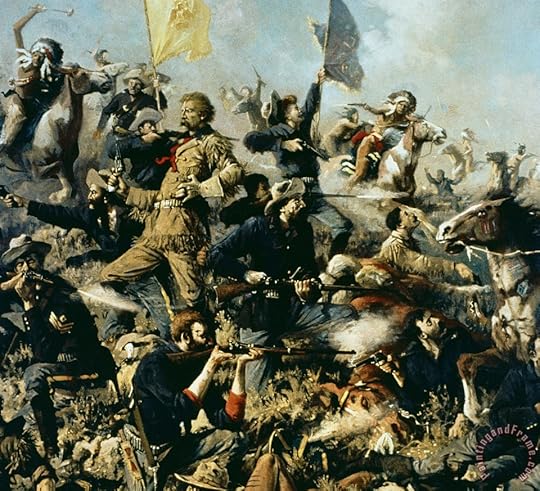What do you think?
Rate this book


Paperback
First published January 1, 2006




Because he couldn’t find, through the lens, “the definitive image; the both fleeting and eternal moment that would explain all things,” “the hidden rule that made order out of the implacable geometry of chaos.”
“I can’t just kill you,” he explains. “I need for us to talk first; I need to know you better, to be sure that you realize certain things. I want you to learn and understand. ... After that, I’ll be able to kill you.”
”It's here, under our skin,....In our genes. Only the artificial rules, culture, the varnish of successive civilizations keep man within bounds. Social conventions, laws. Fear of punishment.”